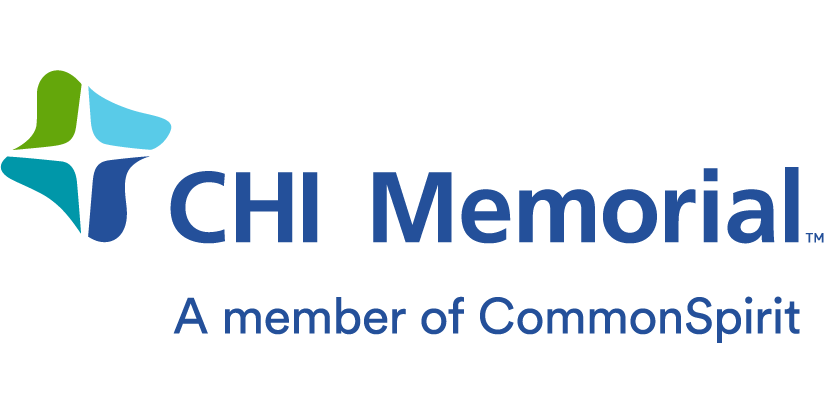
Cardio-Oncology
During some cancer therapies, the heart can be damaged, which can affect quality of life or, if left untreated, can be life-threatening. The cardio-oncology team at CHI Memorial and The Chattanooga Heart Institute monitor cancer patients' cardiac conditions throughout and sometimes after cancer therapies to detect cardiac damage (called cardio-toxicity). By working together, the integrated cardiology and oncology team can detect damage early and prevent it from getting worse.
Who should be evaluated for cardiotoxicity?
Almost all outpatients with a cancer diagnosis who are scheduled to receive or are in the early stages of oncology treatments may be evaluated. The majority of patients will receive a baseline cardio-oncology echocardiogram and blood draw labs prior to starting cancer treatment. The cardio-oncology team will determine scheduled exams based on the following considerations:
- Type of cancer
- Type of therapy
- Cardiac history
- Baseline echocardiogram
How is cardiotoxicity treated?
Patients with cardiotoxicity should be seen by a cardiology provider within two weeks of symptom or diagnostic changes to receive preventative treatment against congestive heart failure. When there are changes in a patient's echocardiogram metrics or blood work from the baseline information, the patient may be contacted to have a repeat exam sooner than scheduled. This is done in an abundance of caution to make sure the health condition and quality of life are preserved and does not mean the patient is in danger of cardiac failure. Typically, the cardio-oncologist will start with preventative cardiac medications and/or monitoring. Some conditions can result in needing to change or pause oncology treatment, however this is not common and will be decided between the cardio-oncologist, oncologist and the patient.
What to expect at appointments?
Echocardiograms are a type of ultrasound that uses soundwaves to look at heart function, valves, and global longitudinal strain rate. The test is non-invasive, not in a confined space, and is not typically considered uncomfortable for the patient. Every patient’s heart is different, which can make differences in the amount of time and effort the sonographer needs to gain the necessary information for the cardio-oncologist. Typical cardio-oncology echocardiograms can take 60 minutes and may require IV access to utilize an ultrasound enhancing agent to improve the quality of image and gather better information. Depending on the therapy regiment, the patient may need labs drawn at many of these appointments to give the team a complete look at the patient's cardiac status. Other possible diagnostic exams include a 12-lead ECG and (less commonly) cardiac MRI.
How will patients know their status?
The oncologist will receive the results after the cardio-oncologist reviews the test results. If there are signs of cardio-toxicity, the CHI Memorial Cardio-Oncology Coordinator or The Chattanooga Heart Institutes’ scheduling team will reach out to the patient to schedule next steps.
If you have any questions about the cardio-oncology program at CHI Memorial, call (423) 495-6853 or email [email protected].

Cardio-Oncology Center of Excellence
In recognition of its innovative work to support the heart health of cancer patients, CHI Memorial has been awarded Center of Excellence Gold certification by the International Cardio-Oncology Society (IC-OS). With the rigorous certification process, this designation recognizes CHI Memorial as the first Center of Excellence in Tennessee.
Is your heart as healthy as you think?
